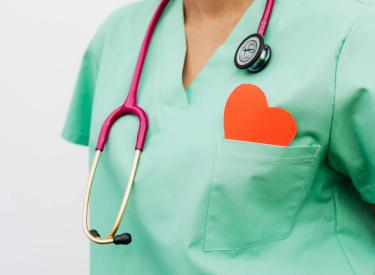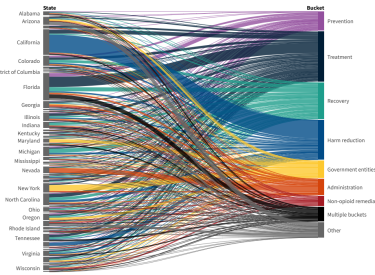
State Opioid Treatment Programs Can Adapt to Care for Patients During the COVID-19 Pandemic. Here’s How.
Every day, hundreds of thousands of Americans visit Opioid Treatment Programs (OTPs) to receive substance use disorder care, including lifesaving medications. But as the country continues physical distancing practices to contain the spread of COVID-19 (coronavirus), states face a challenge: How to maintain addiction treatment access while also protecting the health and safety of patients, healthcare workers, and the general public.
Some answers are emerging. Earlier this week, The Substance Abuse and Mental Health Services Administration (SAMHSA) recommended that OTPs in every state provide patients with take-home medication.
Shatterproof has been reaching out to state leaders to offer our support with both following these federal recommendations and increasing telemedicine access.
We’re starting to see results. This morning, the state of Pennsylvania solidified procedures for their drug and alcohol treatment providers.
Thank you @GovernorTomWolf @PADrugAlcohol @ShatterproofHQ & everyone who helped address this important community need!!! https://t.co/r7r5H6dD9E
— Charlie Cliques (@charliecliques) March 19, 2020
If you or someone you love receives addiction care at an OTP, be sure to read the SAMSHA guidelines and check in with your provider about any new regulations.
Those impacted by addiction are potentially at greater risk of being adversely affected by COVID-19. And what’s more, for addiction patients, the stakes couldn’t be higher if their treatment is paused or interrupted. Patients who lose access to care face the risk of infection, overdose, and even death.
In the midst of this unprecedented health pandemic, we can’t forget about our country’s ongoing addiction crisis. We’ll keep reaching out to states to make sure they’ve got all the support they need to follow SAMHSA’s recommendations and to provide addiction patients with essential care.




